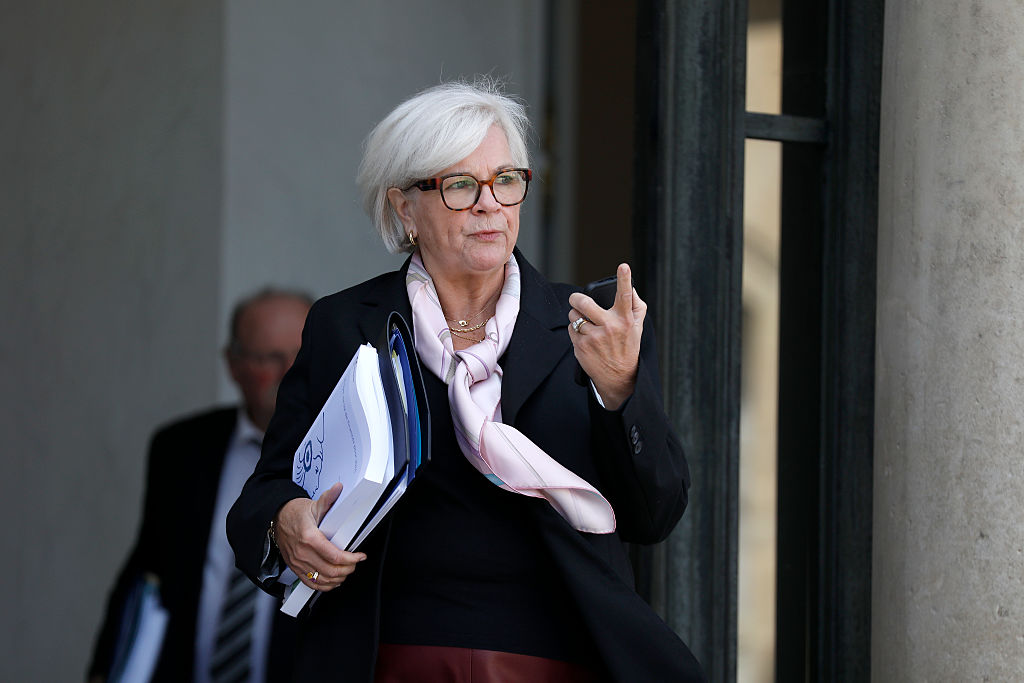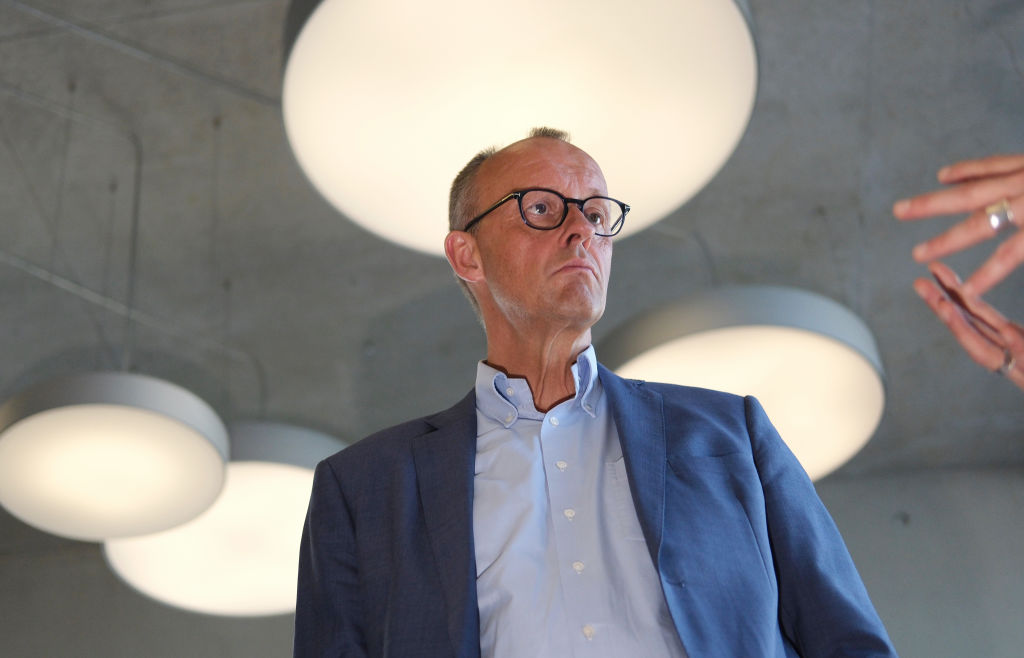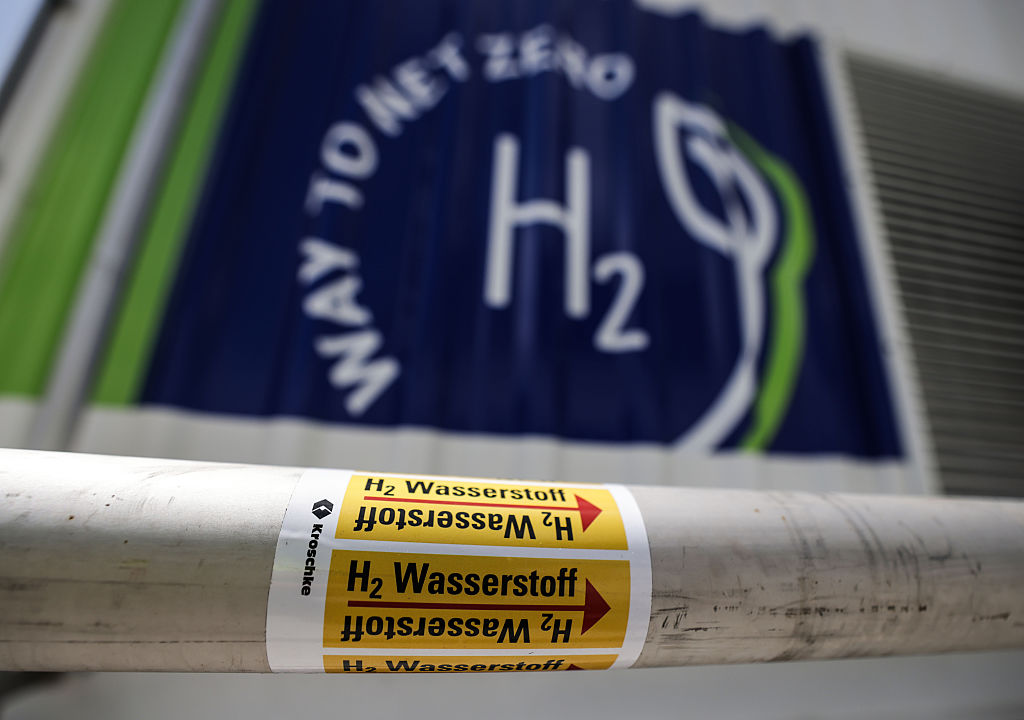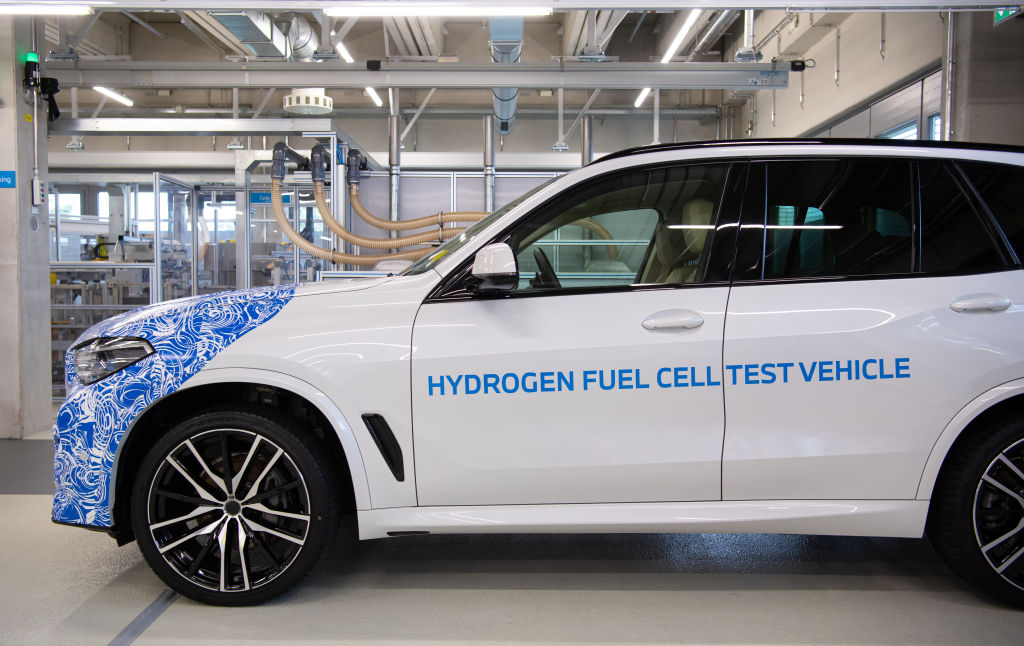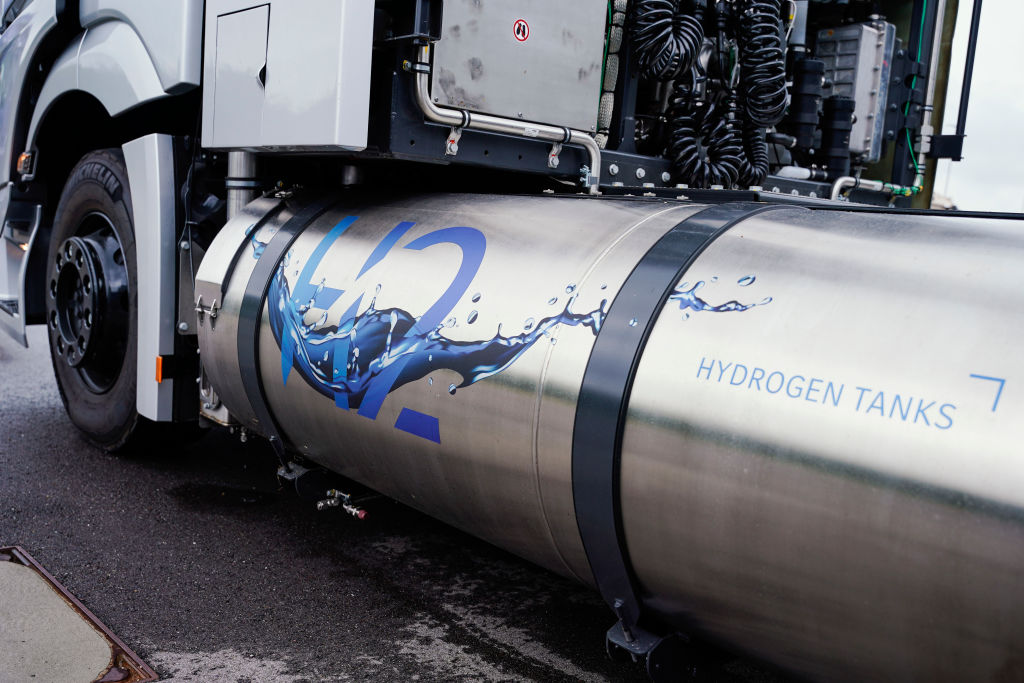Blackout: The battle to rewire Germany's 'Energiewende'
Germany’s decades-long energy transition faces mounting political and economic pressure, as soaring costs, falling demand, and grid bottlenecks fuel calls to abandon the once-celebrated Energiewende model
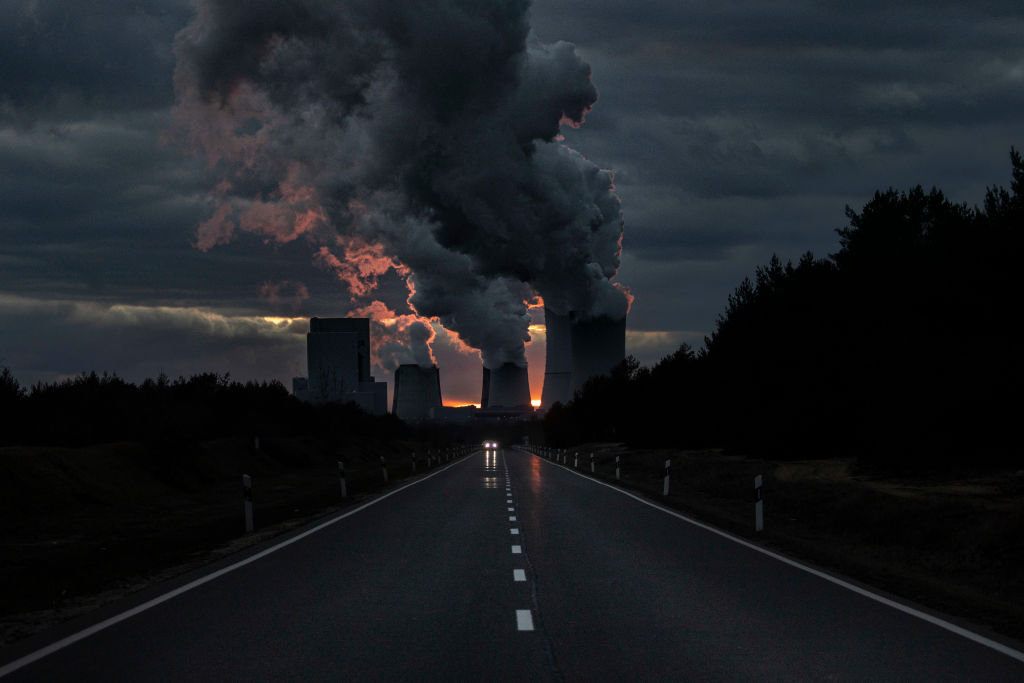
Germany’s quarter-century-long effort to wean itself off of fossil fuels faces a reckoning as Berlin debates whether to maintain generous subsidies or pull the plug on a programme that critics blame for the country’s accelerating de-industrialisation.
Known as the Energiewende, or energy transformation, the strategy was the brainchild of Germany’s Green party, which set it motion during its foray as a member of a federal coalition at the turn of the century. The party sold the plan (ditch nuclear, coal and gas, while throwing lavish subsidies at renewable energy) by promising voters it wouldn’t cost the average German more than a “scoop of ice cream”.
That projection turned out to be wildly off the mark.
Berlin is expected to spend €16 billion on renewables subsidies this year alone, despite the cost of solar panels and wind farms tumbling. Old contracts with generous subsidies locked in weigh heavily upon the Energiewende.
With some forecasts now placing the total cost of the shift at about several trillion euros, many Germans are suffering buyer’s remorse. Germany’s anaemic economic performance in recent years and a steady exodus of industrial companies fleeing the country’s high energy costs have compounded that frustration.
With the Greens now in opposition and disarray, Germany’s centre-right-led coalition under Chancellor Friedrich Merz appears to be shifting away from the Energiewende orthodoxy of recent decades, if not abandoning it altogether.
The energy transition is at a “crossroads”, Katherina Reiche, Berlin’s newly christened energy minister, said recently. Thanks to the Energiewende, Germany’s share of renewables has risen to about 60% of German electricity production, but the “next steps will be much more difficult”, Reiche warned.
In a country where die-hard Energiewende adherents viewed the policy not just as wise energy policy, but as a chance at redemption, Reiche’s comments are tantamount to heresy.
A victim of its own success?
Spurred by a mutual antipathy towards nuclear power, the Social Democrats and Greens voted through in 2000 the first law, known as the EEG, mandating the deployment of wind and other green energy.
The government offered generous feed-in tariffs of more than €500 per megawatt-hour – guaranteeing households installing solar panels and wind farm operators far more than the market rate for wholesale electricity – and inspired a global renewables boom, with more than 100 similar schemes developed abroad, including in Brussels.
There was just one catch.
“German consumers face among the highest electricity prices in Europe,” according to the International Energy Agency (IEA). The global picture is even worse, with average German wholesale prices double those in the US last year.
Compounding the pressure on Germany’s budget, last year saw €2.8 billion spent on ‘redispatch‘, where wind turbine operators already in receipt of subsidies were paid to shut down, to protect an electricity grid whose development has not kept pace with the renewables roll-out.
Then there is compensation through to 2038 for the operators of coal-fired power plants, and regions that depended on mining lignite.
The price tag comes to about €40 billion, not including a further €2.4 billion in compensation for the operators of shuttered nuclear plants.
The crossroads
On one level, green electricity production in Germany is a (subsidised) success. But persuading consumers to use it as a replacement for fossil fuels – gas for heating, petrol for cars – has proven much more difficult than anticipated.
Berlin set targets for electricity consumption based on the assumption of a transition to green energy, but the 2030 target of 750 terawatt hours, a 50% increase compared to 2020, is already out of reach, according to a recent government report.
A more realistic end point is between 600 and 700 terawatt hours, the analysis concluded.
Reiche is aiming for the lower end of the range, which prompted the Association of Energy Market Innovators (BNE), a Berlin-based lobby group, to criticise her for what it called a “total lack of electrification ambition”.
A problem of demand
But according to researchers Deutsche Bank, “even the lower threshold would correspond to a 15% increase compared to 2025, which seems unlikely from today’s perspective”.
Berlin’s predicament is rooted in three major miscalculations, Deutsche Bank suggests.
Lofty ambitions for ramping up the production of ‘green’ hydrogen, like the 2023 goal for 10 gigawatts of domestic electrolyser capacity, have collapsed. Hopes of rising demand for renewable electricity were also dashed as German industry struggled to switch from fossil fuels, while on the home front, there was little interest in replacing gas boilers with heat pumps and too few people buying electric cars.
Berlin’s hydrogen production target was arguably destined to fail given the country’s consistently high electricity prices. Demand for battery powered cars hit a wall in late 2023 when the government scrapped entirely a generous subsidy programme.
Heat pumps – a cheap alternative to gas despite substantial up-front costs – proved nothing is safe from the left-right culture wars after a law to make them mandatory was leaked to the press. Sales so far fall short of expectations, even though a subsidy scheme remained in place.
Climate
The lack of demand isn’t just bad for the climate.
Electricity system costs are a careful balancing act of production, demand and infrastructure investments. Get any of the variables wrong, and the cost of electricity goes up, which means less incentive to electrify and higher costs.
“The big lever lies in optimising generation, grids and load,” said Kerstin Andreae, chief of the energy utility association BDEW.
Germany is facing a massive bill even in the best case scenario. Tight supply chains have caused the future bill for grid development to 2045 to surge from €320 to €440 billion in just two years.
The final battle?
Despite that dire outlook, Environment Minister Carsten Schneider, of the junior coalition partner Social Democrats, insists the Energiewende is “well on track”.
Even if that were true, the Energiewende’s critics are preparing to derail it.
The Christian Democrats want an additional 20 gigawatts of gas-fired electricity, which mean up to 50 power plants across the country. Brussels has yet to approve the plan.
Chamber of commerce DIHK put forward a study suggesting that completing the energy transition would bring the price tag to €5.4 trillion, and that current policy made it unachievable.
“We need a noticeable change of course,” VCI, Germany’s powerful chemical industry lobby group argues.
(rh, mk)




